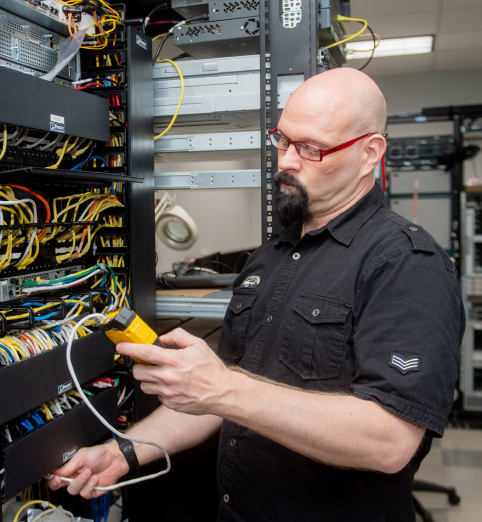It seems that almost daily I see more and more news surrounding hybrid cloud infrastructure—having IT reside both on-premises and outside of one’s own four walls simultaneously—the new cool that has taken the business world by storm. And to think this comes a mere few years since the cloud was feared by so many.
What does this move from private cloud (on-premises) to the mixed scenario that is hybrid cloud mean for companies wanting to freely move information, applications, and more, from their own infrastructure to the public cloud and back? Surely, there are consequences, are there not? The answer: damn straight there are.
Of course, the first thing that comes to mind is the issue of security, which, to be honest, is somewhat surprising; yet it’s a sign of the times. If you had asked that question just a few years ago, security, though incredibly important, may have come second in the wake of speed, access, and reliability. But we live in dangerous times—REALLY dangerous times.
Not to be an alarmist, but let’s not forget that Ukraine was literally crippled just a few short months ago—all due to nefarious characters who simply wanted to make money, and perhaps watch the world burn. The point: the malicious code that lives out there in the ether, continually circles the world looking for a way in. And, as we propel ourselves forward in the attempt to make our lives better, faster, easier, and more connected, we simultaneously expose ourselves to threats designed entirely around our newfound globally connected dynamic.
So, what is one to do in this case? To be secure, we need a two-pronged approach based on technology and human-factor education. With multi-layered security solutions in place that cover virtually everything (pardon the pun), we can at least mitigate the risk of security threats. That, paired with ensuring everyone is well educated and well versed in the new world order of such things, reduces the threat. But who can keep up with all this security stuff? Is it the mythical all-knowing IT department? No, it’s not, nor should it be. But let’s tackle that topic later.
Now, with security in place let’s get to the part where we want our lives to be faster, better, more connected—in other words, as previously mentioned, the speed and reliability factors that satisfy the modern need for instant gratification. Herein lies the magic.
To ensure a constant stream of data in all directions, we need ever-evolving and better IT gear to support our new hybrid world. After all, it’s more than just a fast internet connection that makes this happen.
Sparing you the gory and technical details of modern network infrastructure—I’m sure we have a white paper on that somewhere—the situation remains mired in the highly complex. This complexity now haunts IT departments: as the nature of the demands on modern business continues to expand, so must the highly verticalized knowledge and expertise needed to architect the type of network required to keep pace.
Oddly enough, this type of highly verticalized knowledge, along with that of the aforementioned IT security expertise, is actually at odds with the expectations of traditional IT departments. Once touted as the do-anything department, IT has evolved to be something much more important: a team of people who build and manage better processes and applications, and who plan better infrastructure for today and tomorrow.
So, what is the answer to the looming issue: When instant gratification and reality collide? It’s about ensuring that IT has the authority to make the right decisions, and to engage specialists to help pair security and infrastructure so they work as one. With two very different worlds colliding, the knowledge required to combine the needs of the business with the demands of security takes a specific skill set.
Finding the right company, one that has both network infrastructure and IT security expertise, means a cohesive solution that keeps everyone safe while still ensuring that instant gratification is always available.


